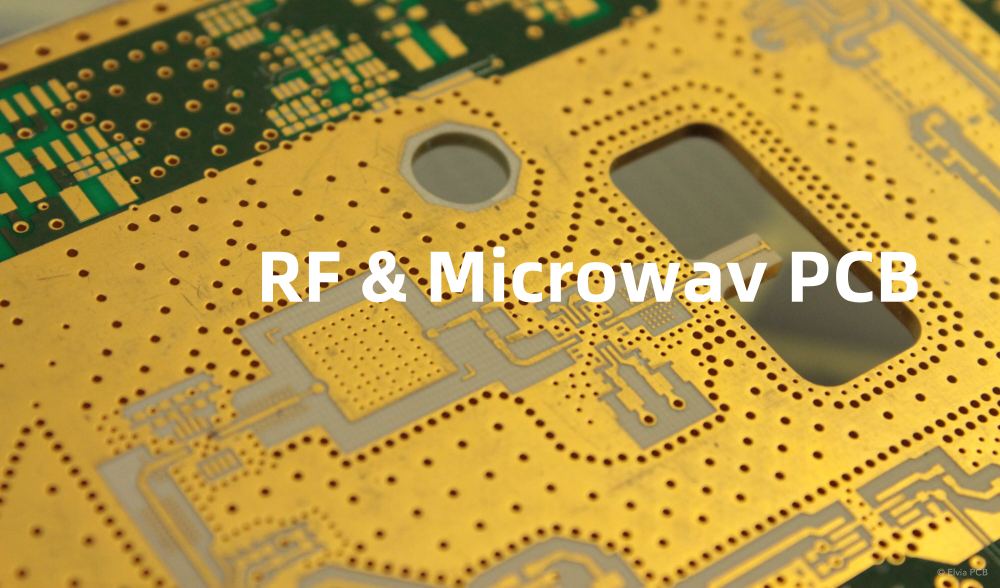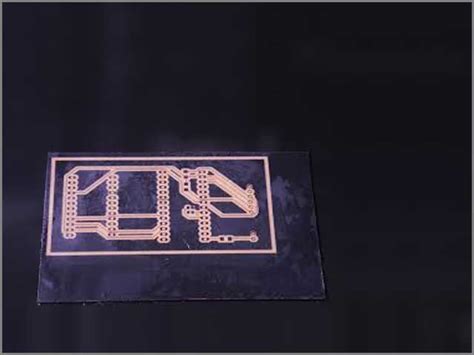What is PCB Etching?
PCB etching is the process of removing unwanted copper from a printed circuit board (PCB) to create the desired electrical connections. This is typically done using a chemical solution that dissolves the copper, leaving behind the desired circuit pattern. While it is possible to etch PCBs at home, there are several reasons why we do not recommend it.
Reason 1: Safety Concerns
One of the primary reasons we do not recommend PCB etching at home is due to safety concerns. The chemicals used in the etching process, such as ferric chloride or ammonium persulfate, can be dangerous if not handled properly. These chemicals can cause skin and eye irritation, and inhaling their fumes can lead to respiratory issues.
| Chemical | Hazards |
|---|---|
| Ferric Chloride | – Corrosive – Can cause skin and eye irritation – Harmful if inhaled |
| Ammonium Persulfate | – Oxidizer – Can cause skin, eye, and respiratory irritation – May cause allergic reactions |
Reason 2: Environmental Impact
Another reason to avoid home PCB etching is the environmental impact. The chemicals used in the etching process can be harmful to the environment if not disposed of properly. Pouring these chemicals down the drain or into the ground can contaminate water sources and harm wildlife.

Reason 3: Lack of Proper Equipment
To etch PCBs safely and effectively, you need the proper equipment. This includes a well-ventilated workspace, protective gear (gloves, goggles, and a respirator), and specialized containers for storing and disposing of chemicals. Many hobbyists do not have access to this equipment, which increases the risk of accidents and exposure to harmful substances.
Reason 4: Inconsistent Results
Etching PCBs at home can lead to inconsistent results. Factors such as temperature, agitation, and the concentration of the etching solution can all affect the quality of the final product. Without proper control over these variables, you may end up with PCBs that have incomplete or over-etched circuits, rendering them useless.
Reason 5: Time-Consuming Process
PCB etching is a time-consuming process, especially for beginners. It requires careful preparation of the PCB, application of the etching resist, and monitoring of the etching process. If you make a mistake at any stage, you may need to start over from scratch, wasting both time and materials.
Reason 6: Limited Design Options
When etching PCBs at home, you are limited in terms of design options. Most hobbyists use a simple single-sided PCB design, as double-sided or multi-layer boards are more complex and require additional equipment. This can restrict the complexity and functionality of the circuits you can create.
Reason 7: Quality of Materials
The quality of the materials used in home PCB etching may not be as high as those used in professional manufacturing processes. This can lead to issues such as copper delamination, poor adhesion of the etching resist, or inconsistent copper thickness. These problems can affect the reliability and longevity of the final product.
Reason 8: Cost-Effectiveness
While etching PCBs at home may seem like a cost-effective solution, it can actually be more expensive in the long run. When you factor in the cost of materials, equipment, and the time invested in the process, it may be more economical to order professionally manufactured PCBs, especially for larger projects or multiple copies of the same design.
Reason 9: Availability of Alternatives
Finally, there are several alternatives to home PCB etching that are safer, more reliable, and often more cost-effective. These include:
- Ordering professionally manufactured PCBs from online services
- Using breadboards or perfboards for prototyping
- Exploring PCB-less circuit construction techniques, such as wire-wrapping or point-to-point soldering
By considering these alternatives, you can still enjoy the process of circuit design and construction without the risks and drawbacks associated with home PCB etching.
FAQ
1. Can I safely etch PCBs at home if I take the necessary precautions?
While it is possible to take safety precautions when etching PCBs at home, the risks involved still make it an unadvisable practice. The chemicals used in the process are inherently dangerous, and even with proper protective gear, accidents can happen. It is always better to prioritize safety and consider alternative methods for PCB fabrication.
2. Are there any eco-friendly alternatives to the chemicals used in PCB etching?
Some hobbyists have experimented with using vinegar and hydrogen peroxide as a more eco-friendly alternative to traditional etching chemicals. However, these methods are less reliable and can produce inconsistent results. The best eco-friendly alternative is to order professionally manufactured PCBs that adhere to strict environmental regulations.
3. How can I dispose of PCB etching chemicals safely?
The proper disposal of PCB etching chemicals varies depending on your location and the specific chemicals used. In general, these chemicals should never be poured down the drain or disposed of in regular trash. Contact your local waste management authority for guidance on the proper disposal methods in your area.
4. Is it cheaper to etch PCBs at home or order them from a professional service?
The cost comparison between home etching and professional PCB manufacturing depends on several factors, such as the size and complexity of the design, the number of copies needed, and the cost of materials and equipment. In many cases, ordering professionally manufactured PCBs can be more cost-effective, especially when considering the time and effort saved.
5. Are there any specific projects or applications where home PCB etching might be appropriate?
Home PCB etching might be suitable for very simple, single-sided designs that are intended for one-off prototypes or educational purposes. However, even in these cases, it is essential to prioritize safety and consider the potential risks involved. For most projects, it is better to explore safer and more reliable alternatives to home PCB etching.
In conclusion, while PCB etching at home may seem like an attractive option for hobbyists and DIY enthusiasts, the risks and drawbacks associated with the process make it an inadvisable practice. By considering the safety concerns, environmental impact, and availability of alternatives, you can make an informed decision about the best way to bring your circuit designs to life.

No responses yet